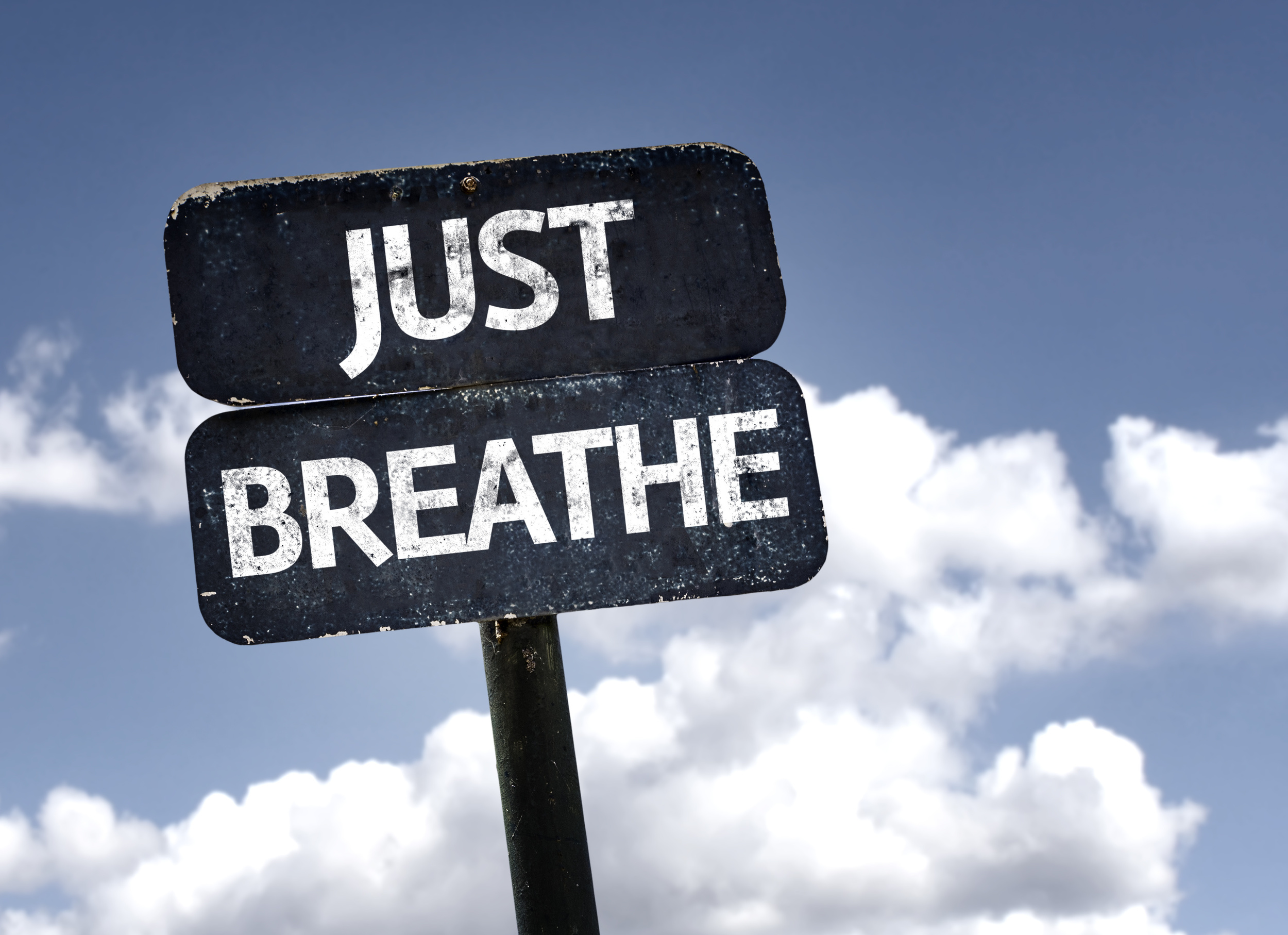5 tips to become more 'mindfully assertive'
Assertiveness through Mindfulness??
Do you prefer to hide from challenging interactions?
Do you find yourself thinking of the awesome reply to a critical comment or an unreasonable request - 3 days later?
Many of us struggle with being more assertive and thus create more stress which can arise from those situations where we wish we could just stand up for ourselves a little better.
This week's guest blog from accredited Breathworks mindfulness trainer and therapeutic counsellor provides five great tips to help you achieve:
‘Mindful assertiveness’
One of the questions that I am often asked is ‘how can I be more assertive in difficult conversations?’ Mindfulness can play a huge part in helping us to be more assertive - even with people that we find challenging.
So first of all, what is mindfulness? Mindfulness can be defined in many ways. It can be described as being aware, in the present moment, without judgement and with a flavour of curiosity and kindness. One of my favourite definitions is that mindfulness is ‘mental freedom.’ It can give us the freedom to make choices and the freedom from the constant worry, over-analysis and self-criticism. Often mindfulness is described as accepting the things that we cannot change. However, this does not mean becoming a pushover. Anyone who knows me well will tell you that I am far from a pushover - in fact the more I practice mindfulness, the more likely I am to stand up for myself!
So how do we do it? Here are a few tips:
Give yourself space to prepare. Breathe and collect yourself.
1. Be prepared
If you know you are about to have a difficult conversation, take five minutes before the meeting to just breathe. As you breathe you might find it useful to imagine that you are breathing in something that you really need for that meeting. Maybe you are breathing in confidence! You might also spend some time thinking about the person you are meeting with. Perhaps they behave in a way that you find very challenging. But what happens if you remind yourself of all of your similarities? This is a human being, just like you, who experiences pleasure and pain, just like you, who wants to be happy, just like you. So instead of preparing for battle, we can prepare for a discussion between two human beings!
2. Slow down
Often when we are asked to do something, if we are ‘yes people’, we will just accommodate a request without even thinking. We don’t stop to ask ourselves whether it is practical, whether we have time or if we even want to do the task. Next time you are asked to do something, take a pause before replying. Take a breath and notice how you feel. Do you really have the capacity to do the task? And once you have paused, then reply. You don’t need to give an answer there and then. Why not try something like ‘I’ll check my diary and get back to you.’ Give yourself time to think before committing.
3. Be kind to yourself
Often we put other people first to the detriment of ourselves. We can feel guilty when we say no or when we stand up for ourselves. We often treat ourselves far more harshly than we would treat others. However, self kindness is a practice and is a very important one at that. Try spending five minutes each day being kind to yourself. You might remind yourself of all your positive qualities and all of the reasons that you deserve kindness. You might remind yourself of all the acts of kindness that you do for others and give yourself permission to take a break occasionally! Or you might simply appreciate the fact that you are a human being.
4. Speak out about the little things
It can be really easy to let things slide and tell ourselves that they are trivial. Those little things can build up into big things - until we explode! This can be particularly the case with people that we find difficult. Practice speaking out about the little things and then the big things will become easier. Sometimes we simply don’t notice the little things at first. We might notice that we are irritated but not know why. Take the time to notice how you feel and take the opportunity to speak out. Perhaps your manager has a tendency to email you with a list of tasks at 4pm on a Friday. You might notice that you find this irritating and ask if they could send the email earlier. Or perhaps someone in your office always leaves their dishes for you to wash. Why not ask them to wash up after themselves rather than doing them yourself and feeling resentful?
5. Practice!
All of these take practice. We are undoing the habits of a lifetime. However, if we regularly stop for a breath, spend five minutes a day being kind to ourselves and notice our feelings and emotions, then responding with mindful assertiveness becomes a lot easier. We can also set ourselves little challenges and practice assertiveness with easier relationships first. Maybe start off by stating a preference with your friend about where you would like to go for lunch, or by asking your partner to do their share of the housework, and then use these skills in the more difficult relationships.
Rachel Jones-Wild is an accredited Breathworks mindfulness trainer and therapeutic counsellor and has been teaching mindfulness since 2010.
For more information on mindfulness and courses available in Tyneside visit www.mindfultherapies.org.uk
Keep an eye out for the next blog.
Dave Algeo
Motivational Speaker on resilience and men's mental health.
Want to improve your sleep? Try my free seven day Facebook Sleep Improvement Messenger Course.
Not on facebook? sign up for the email version of the sleep improvement course here)



